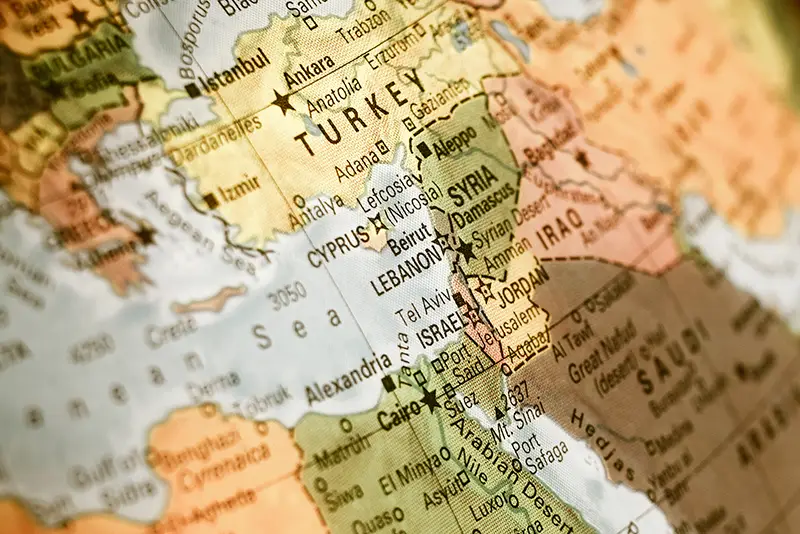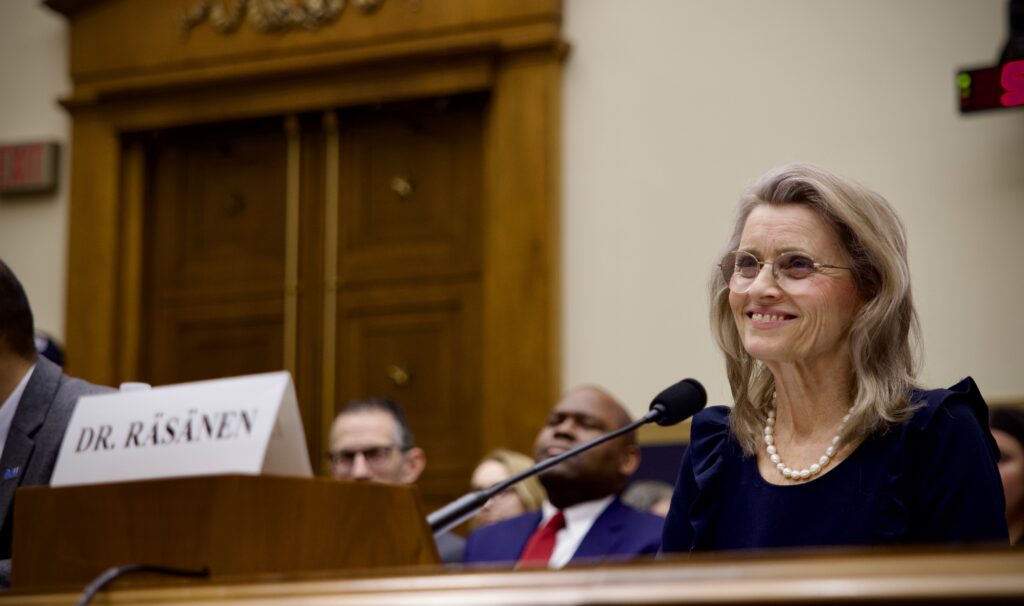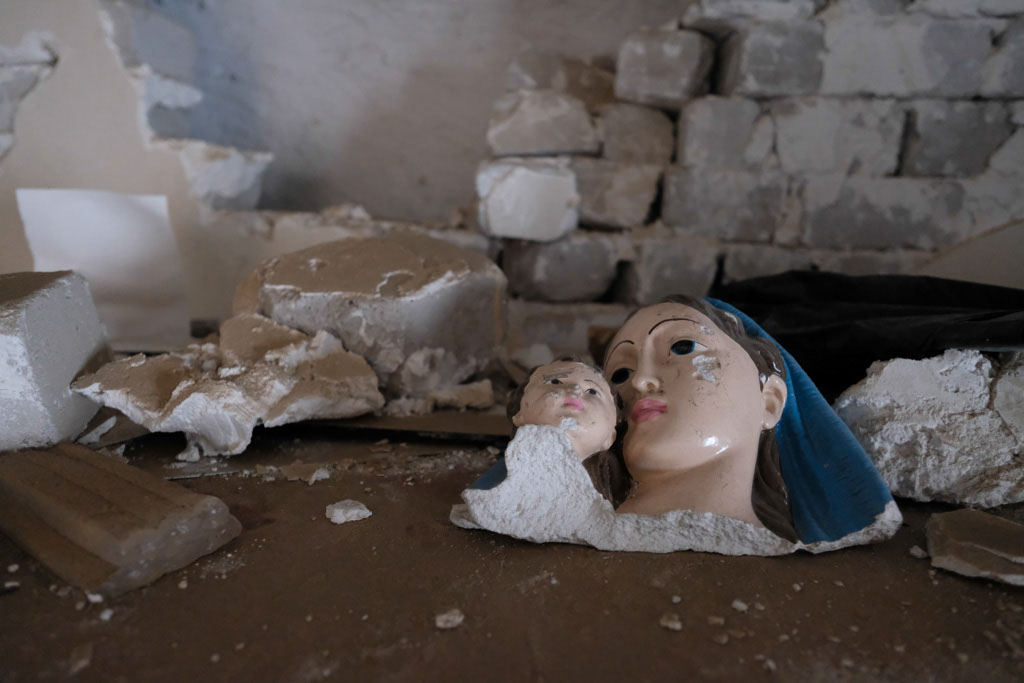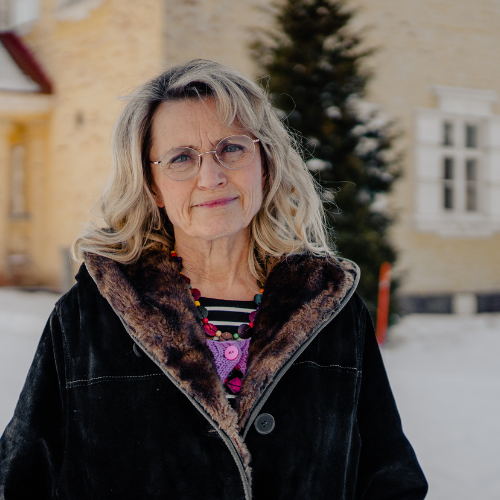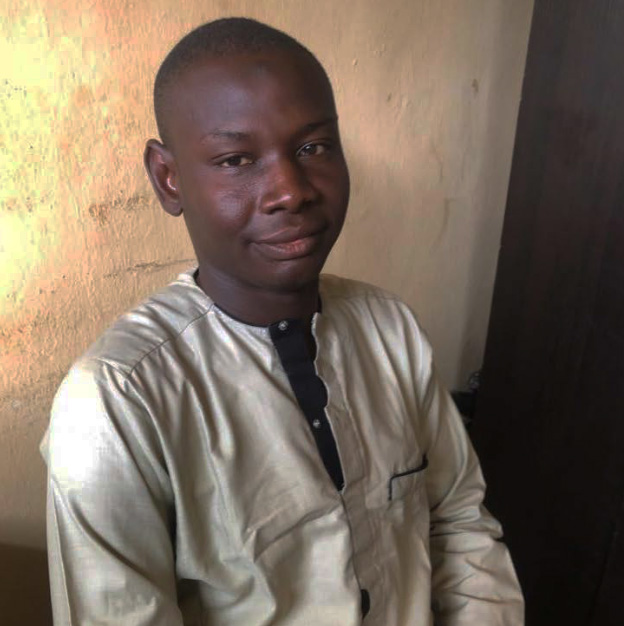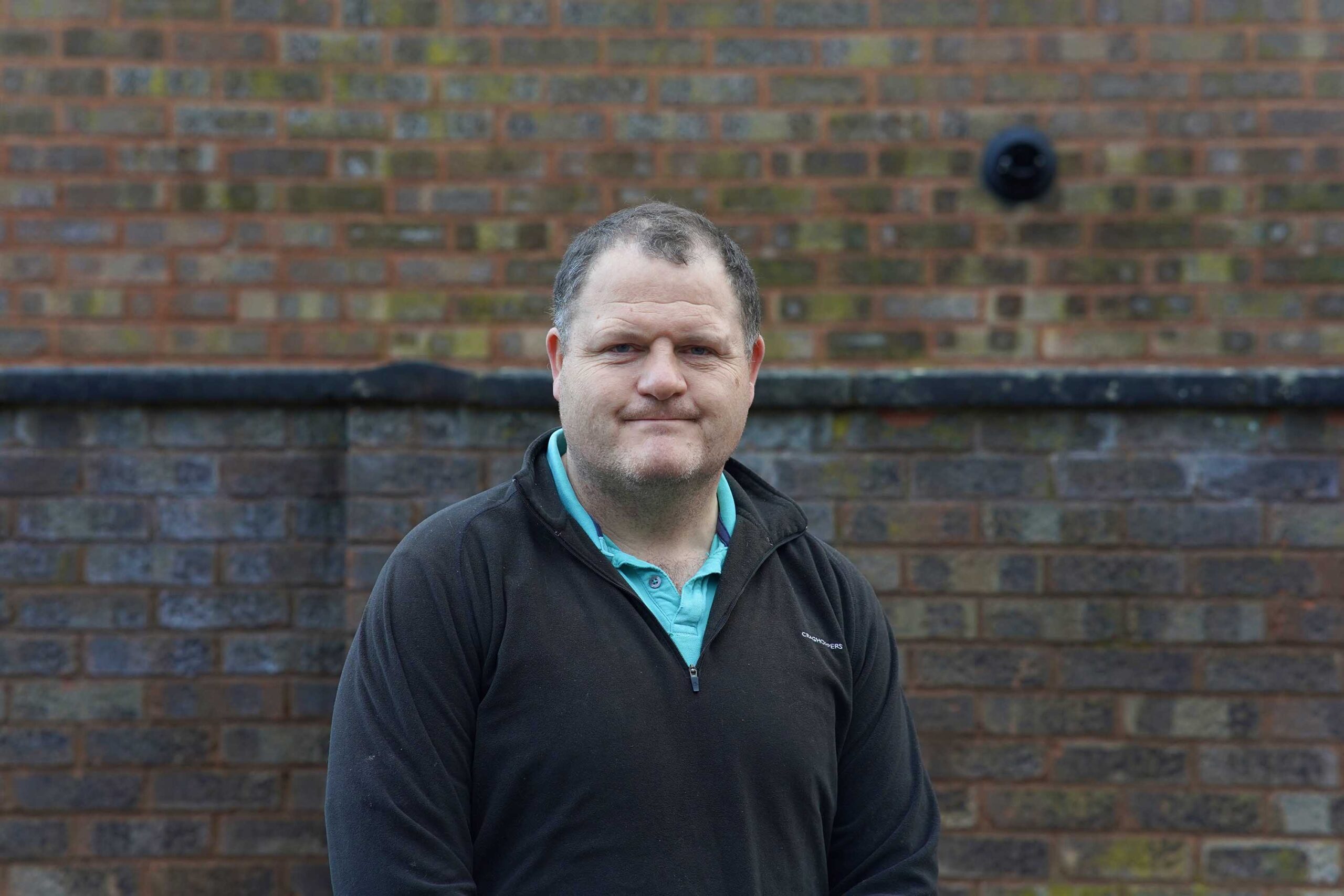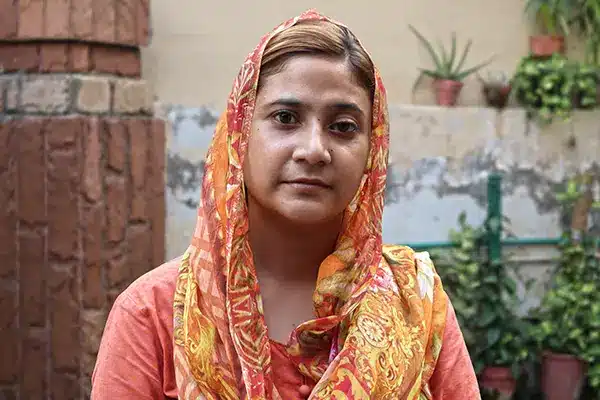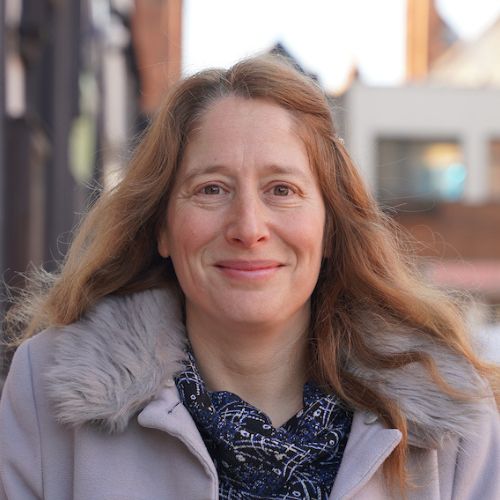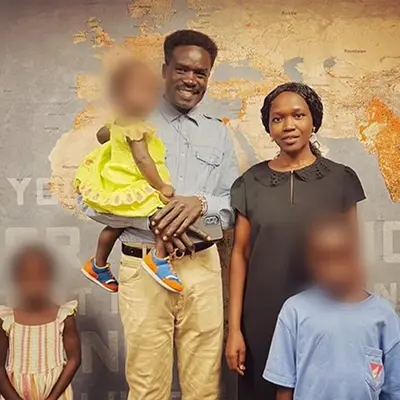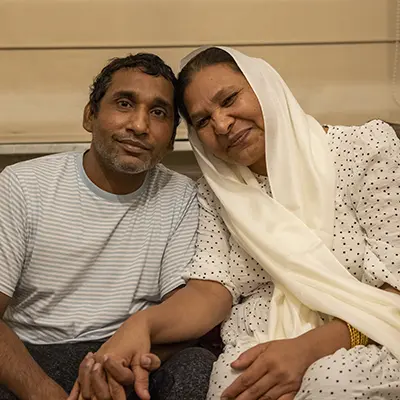- House Foreign Affairs subcommittee heard testimony yesterday on Capitol Hill, raising concern about religious freedom violations in Nigeria, including targeted attacks against Christians and other religious minorities.
- Kola Alapinni, international human rights attorney and lead counsel for blasphemy law victim Yahaya Sharif-Aminu, provided written testimony for the Congressional hearing.
- ADF International supporting legal defence of Sharif-Aminu and Rhoda Jatau, both persecuted under Nigeria’s egregious blasphemy laws targeting religious minorities.
WASHINGTON, DC (15 February 2024) Members of the U.S. House of Representatives continue to raise concerns about the egregious violations of religious freedom in Nigeria. The House Foreign Affairs Subcommittee on Africa yesterday held a hearing titled “The Future of Freedom in Nigeria”, featuring statements and testimony from religious freedom advocates and thought leaders, including Representatives John James (R-MI) and Chris Smith (R-NJ), along with The Honorable Frank Wolf, Commissioner of the United States Commission on International Religious Freedom; Bishop Wilfred Anagbe, Bishop of the Diocese of Makurdi, Nigeria; Ebenezer Obadare, Douglas Dillon Senior Fellow for Africa Studies at the
Council on Foreign Relations; and Oge Onubogu, Director of the Africa Program for The Wilson Center.
Kola Alapinni, international human rights attorney and lead counsel for Yahaya Sharif-Aminu, submitted a written statement for the hearing record focusing on Nigeria’s egregious blasphemy laws. ADF International is supporting Yahaya Sharif-Aminu’s challenge to Nigeria’s blasphemy laws at the Supreme Court of Nigeria.
The statement, which can be read in full here, implores the U.S. government to intervene, saying, “We need the U.S. Congress to make its voice heard. We need as many advocates as we can get, and the voice of the U.S. government carries the strongest weight worldwide and in Nigeria. I am hopeful that as more people see the reality of these blasphemy laws, these unjust prosecutions, this mob violence, and the religiously motivated violence in general plaguing so much of Nigeria, they will be inspired to raise their voices and act. The situation is no longer tolerable, but that is often where the hope of freedom truly begins to blossom.”
Alapinni also mentioned House Resolution 82 on Nigeria, which is currently before the U.S. Congress, in his statement, saying, “I am pleased to see that the case of Yahaya Sharif-Aminu is raised within the amended version of House Resolution 82 concerning Nigeria’s religious freedom violations, as well as the problem of Nigeria’s blasphemy laws. The use of the blasphemy laws in Nigeria is egregious, systematic, and ongoing.” He continued, saying, “I fully support the language in the amended resolution asking the U.S. Secretary of State to ‘publicly call for the immediate release of all individuals charged with or convicted of blasphemy-related charges in Nigeria and devote all necessary resources to secure their release and ensure their safety and that of their families.’ The U.S. has an enormous voice on the international stage, including within Nigeria, and the call for the release of those detained and imprisoned on blasphemy-related charges will do much good in helping to secure their release.”
Congressman John James, Chairman of the Subcommittee on Africa, said, “The enforcement of blasphemy laws, which has increased in recent years, constitutes a particularly severe violation of international religious freedom, as defined by the International Religious Freedom Act, and poses a significant risk to religious freedom for Nigerians.”
In response to yesterday’s hearing, Sean Nelson, Legal Counsel for Global Religious Freedom for ADF International, stated, “No person should be persecuted for their faith, and we are grateful to the members of Congress who are continuing to increase pressure on Nigeria for its egregious violations of religious freedom. Time and time again, we have witnessed the awful effects of targeted violence, unjust imprisonments, and egregious blasphemy laws that plague Christians and religious minorities, like Sufi Muslim Yahaya Sharif-Aminu, in Nigeria. It is critical that the U.S. government continue to use its global influence to condemn these human rights violations in Nigeria and support the victims of religious persecution.”
The Targeting of Religious Minorities
Together with other religious minorities in Nigeria, the persecution of Christians in Nigeria is especially severe. Worldwide, over 5,500 Christians were killed for their faith in 2022. Of those, 90% were Nigerian. At least 200 Christians were murdered by militants in Plateau State, Nigeria, this past Christmas.
The criminalisation of blasphemy in Nigeria carries with it dangerous implications for the country as a whole. In a country of more than 200 million, split nearly evenly between Christians and Muslims, blasphemy laws are a significant driver of societal tensions. These laws punish the innocent for expressing their beliefs, silence people from sharing their faith, and perpetuate societal violence. Blasphemy laws throughout Nigeria encourage brutal mob violence and inflict severe harm on minority Muslims, Christian converts, and others.
You are currently viewing a placeholder content from YouTube. To access the actual content, click the button below. Please note that doing so will share data with third-party providers.
More InformationADF International is supporting the legal defence of Nigerian musician Yahaya Sharif-Aminu, a Sufi Muslim who was sentenced to death by hanging in 2020 for sharing song lyrics that were deemed “blasphemous” on WhatsApp. With the support of ADF International, Yahaya is appealing his case to the Supreme Court of Nigeria in the hopes of overturning the death penalty blasphemy laws in Nigeria. Yahaya, imprisoned for nearly four years, is awaiting his appeal.
Yahaya Sharif-Aminu’s case is detailed in Alapinni’s statement to the House Africa Subcommittee, which can be read in full here. Alapinni notes that “The increasing use of blasphemy accusations and blasphemy laws does not bode well for the future of freedom in Nigeria, especially religious freedom. I pray that the Supreme Court in Yahaya Sharif-Aminu’s case will soon rule that, at a minimum, the worst of these laws, the Sharia-based death penalty blasphemy law, is unconstitutional. But all of these blasphemy laws, in their ambiguous substance and arbitrary enforcement, violate the fundamental human rights of the victims, as well as international law.”
Yahaya’s case has garnered attention from global religious freedom advocates and leaders, including UK members of parliament and the Prime Minister’s Special Envoy for Freedom of Religion or Belief, Fiona Bruce, who recently raised Yahaya’s case in a Westminster Hall Parliamentary debate.
ADF International also is supporting the defence of Rhoda Jatau, a Christian and mother of five from Nigeria. Jatau, who was recently granted bail, had been imprisoned since May 2022 for allegedly sharing a video on WhatsApp condemning the lynching of Deborah Emmanuel Yakubu, a Nigerian university student who was murdered and set on fire by a mob of her classmates in May 2022 for sharing her Christian faith. Rhoda is currently awaiting the continuation of her trial.
The cases of Rhoda Jatau and Deborah Emmanuel Yakubu are but two examples of the widespread violence against religious minorities, especially Christians, in Northern Nigeria.
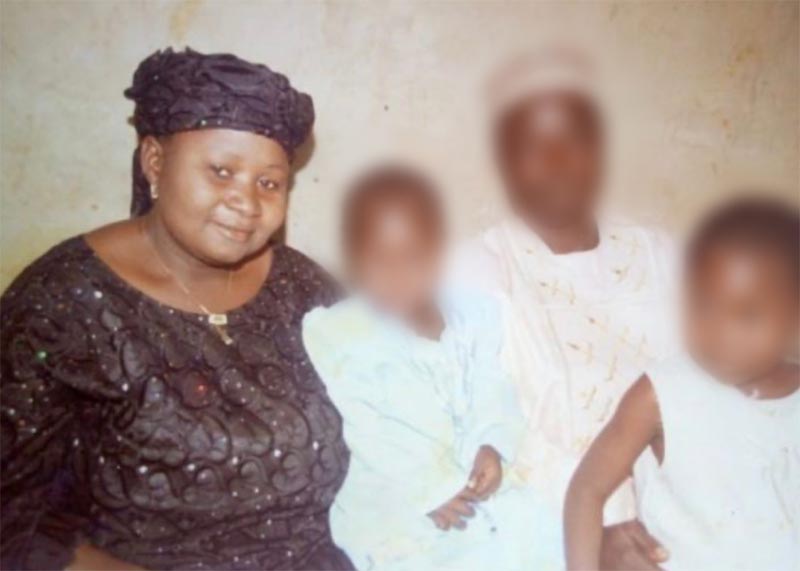
International Concern for Nigerians
Governing bodies and religious freedom advocates from across the globe have continued to speak out against the violations perpetrated against religious minorities in Nigeria.
Just last week, U.S. Congress Members voted to move forward with H. Res. 82, a House resolution calling for greater U.S. action in response to the religious freedom crisis in Nigeria. The House resolution, which can be read in full here, calls on the U.S. Secretary of State to designate Nigeria as a Country of Particular Concern (CPC) on their list of worst religious freedom offenders for “engaging in and tolerating systematic, ongoing, and egregious violations of religious freedom,” while also highlighting religious prisoners of conscience and the egregious blasphemy laws in Nigeria.
The U.S. State Department released its annual religious freedom watchlist earlier this year, leaving Nigeria off the list for the third year in a row. ADF International, together with other human rights organizations and experts, has long urged the State Department to put Nigeria back on the CPC list. The U.S. Commission on International Religious Freedom (USCIRF) has called the removal of Nigeria’s CPC designation by the State Department “appalling” and “inexplicable”. Furthermore, the USCIRF recommended the State Department place Nigeria on the CPC list in its most recent Annual Report.






